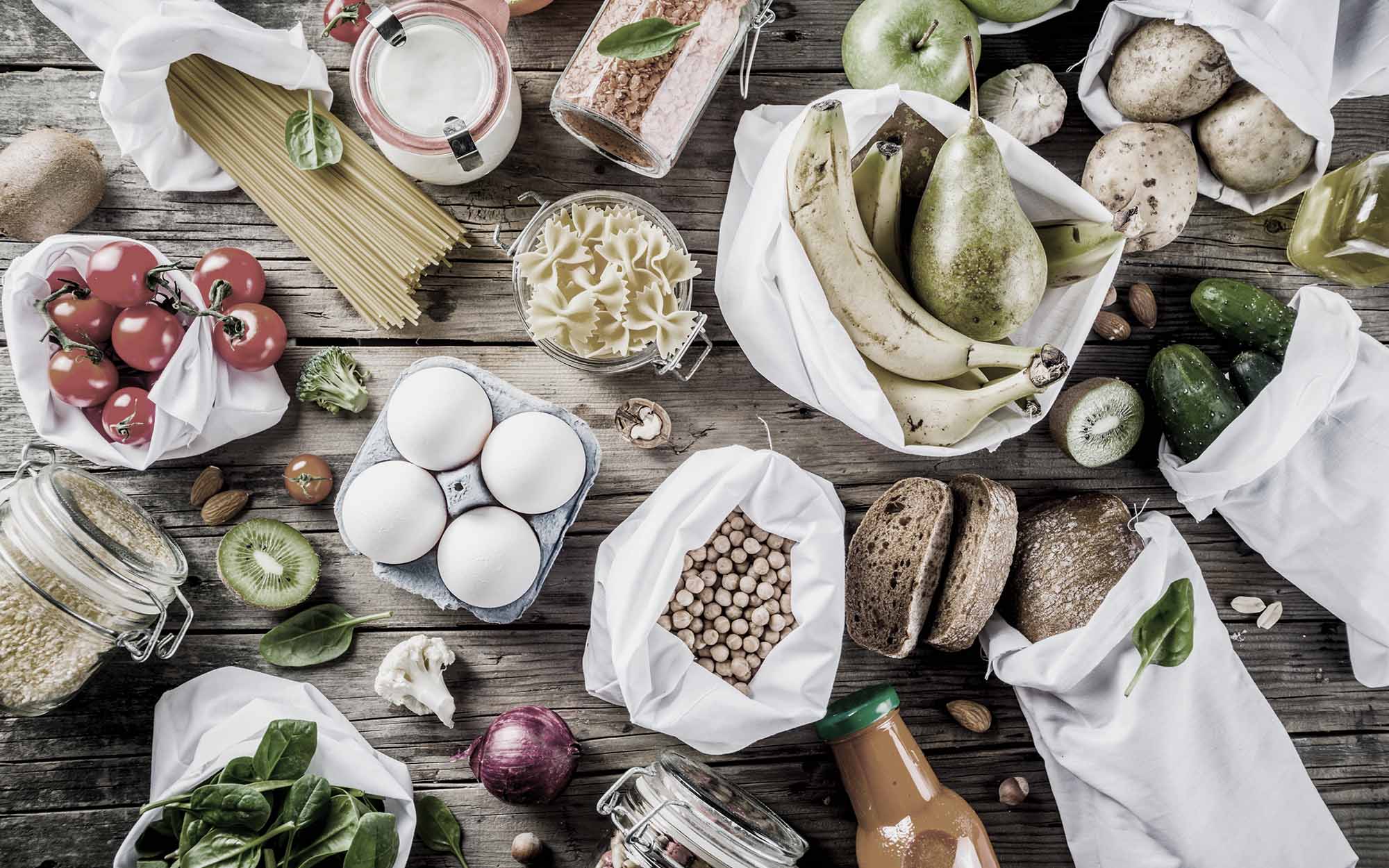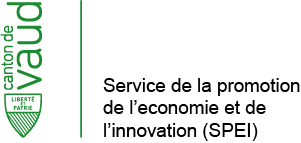We are
The Life Cycle Company™
Our life cycle contains the principle of engineering design, whereby we follow an orbit of work towards simplicity and minimal environmental impacts. We idealize the world’s state of perfection whereby nature and human thrive together.
Our breakthrough
Industry leaders have been trying to create value from lignocellulosic biomass for a century.
“We have found a way to extract and formulate bioavailable oligomers organically, so that the extract contains targeted nutrients of superior functionality when introduced in foods, beverages and beyond.”Sviatlana,– Founder & CTO
Global bioactive ingredients market is confronted with long development phases and at times inconsistent results, which entails hidden operational costs.
“We have plant-based technologies that customize unique nutrition in exceptional speed and are surprisingly affordable.”Georgios,– Founder & CEO


How we see the world
The Problem
Staggering amount of food loss and wastes
Roughly 30% of all food produced for human globally, equivalent to 1.3 billion tonnes is either lost or wasted in a year. This poses challenge to food security, food safety, the economy and the environmental sustainability. The United Nation’s Sustainable Development Goals aim at halving food wastes by 2030.
World population is on the rise to reach 10 billion by 2050
Changes in consumer beliefs around health, sustainability, food safety and animal welfare are shaping up new challenges to cope with a rising population. Natural and plant-based foods are on the rise.
Opportunities
Affordable high-functionality becomes new cutting-edge for nutrition technology
Biological science is changing the business landscape. New speed of technology development, commercialization and consumer adoption are pushing the big wheels of innovation. A new production method that provides a pure, stable product in high volume at a low cost and from a renewable source is the new tech.
Industrial biomass, a rapidly evolving tool of biotechnology can effectively lower the conversion costs
Lignocellulosic wastes from large magnitude of industrial biomass that are available in the world can be utilized for the production of useful industrial enzymes or enzyme-based products. Lignocellulosic materials are inexpensive and are the most promising feedstock as natural and renewable resource. Hydrolisis of such agricultural or industrial wastes provides an environmentally friendly means of depolymerizing cellulose and other carbohydrates at high yields.

Natural ingredients continue to see traction
The huge desire for natural products shows no sign of abating, with industries and consumers showing preference for natural ingredients. Ingredient types such as polysaccharides and oligosaccharides, can comfortably integrate into the natural trend. Research and development worldwide are looking into new solutions with a basis in nature. This has led to repurposing of many botanicals.
Animal health market presents high growth potential. Non-traditional interventions and avoidance of antibiotics are coming into focus, fuelled by natural additives.
Global animal health market is estimated to reach 67 billion USD in 2026, representing CAGR of 6.3%. Non-traditional interventions include direct-fed microbials, prebiotics and probiotics. Research on microbiome, to enhance the overall health and performance of the GI tract is also on the rise. Infectious disease management is inevitably on the world radar, triggering preventive care.

Nutrients in feed will continue to be the largest cost of animal productions. Traceability, as well as promoting the source and production method are becoming increasingly important.
Embion Impact
At EMBION, we explore new tech in chemistries and biology to expand the creation of sustainable innovation.
Through our tech lenses, we see that intrinsic values in industrial resources are underutilized. We aim to reverse this, by catalyzing the transformation.



Proudly supported by











